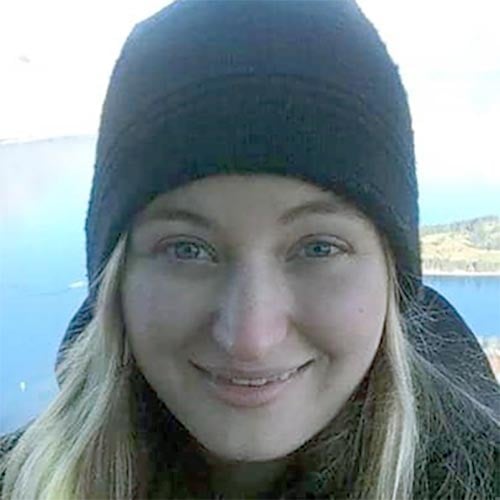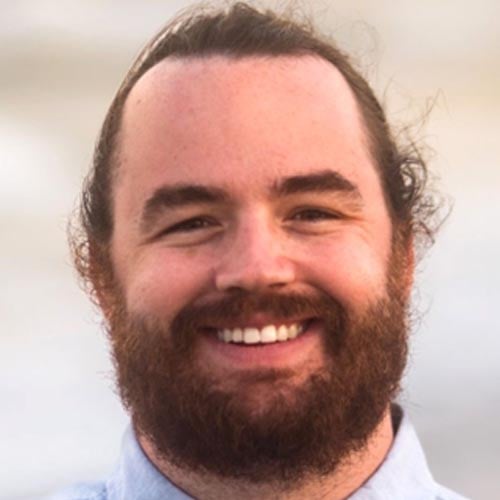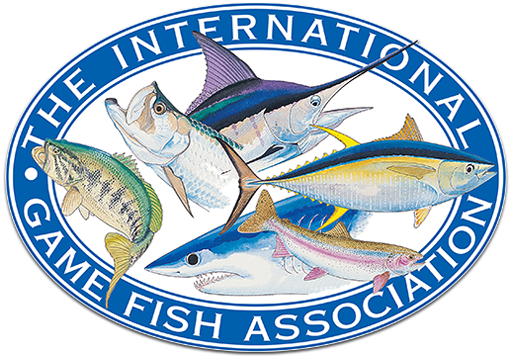Announcing the 2024-2025 Forage Fish Research Fellows: Advancing Florida's Coastal Ecosystem Studies

The IGFA is proud to announce the new Forage Fish Research Program (FFRP) 2024-2025 Fellows, chosen by the Florida Forage Fish Coalition, which includes IGFA, Pew Charitable Trusts, Fish Florida, Florida Wildlife Federation, Angler Action Foundation, American Sportfishing Association, Tampa Bay Estuary Program, and Wild Oceans. This year, the FFRP welcomed new data partners for the fellows to utilize in their research, alongside ongoing partners at FWC’s Fish and Wildlife Research Institute, Southwest Florida Water Management District, and the Tampa Bay Estuary Program. The Florida Department of Environmental Protection and the Aquatic Preserve Program will now facilitate research on critical habitats and fisheries in and around Florida’s aquatic preserves.
Our 2024-2025 FFRP Fellows are Megan Siemann from the University of Florida’s School of Natural Resources and Mack White from Florida International University.

Megan Siemann
University of Florida’s School of Natural Resources
Megan Siemann’s project will advance our understanding of scientific sampling within aquatic preserves by developing targeted, cost-effective recommendations for trophic monitoring. Her work has two objectives aimed at coupling ecological and trophic data to better incorporate temporal diet shifts into ecosystem models:
Objective 1: Synthesize existing stable isotope data from repositories with long-term Fisheries Independent Monitoring (FIM) stomach content data to examine inter- and intra-annual diet variability, identify data gaps, and characterize the dominant prey items of key predators in the aquatic preserves.
Objective 2: Develop integrated stomach content analysis and stable isotope analysis mixing models, and provide recommendations for trophic data collection and its incorporation into ecosystem models.

Mack White
Florida International University
Mack White’s proposed research aims to explore the spatiotemporal dynamics of forage fish community biomass across seven major Florida estuaries (Apalachicola Bay, Cedar Key, Tampa Bay, Charlotte Harbor, Southern Indian River Lagoon, Northern Indian River Lagoon, Northeast Florida) in response to various types and severities of disturbance events (e.g., cold snaps, droughts, heat waves, etc.). His research will address how community stability—and its intrinsic properties, resilience and resistance—interact to influence responses to environmental stressors. By comparing estuaries across the state, Mack’s research seeks to understand how differences in anthropogenic impacts, climatic conditions, and evolutionary histories across a latitudinal gradient affect the ecological stability and plasticity of these vital coastal systems. This understanding is crucial for maintaining biodiversity and supporting coastal fisheries in the face of increasing hydroclimatic variability as a result of climate change and water management decisions in Florida.
The 2024-2025 Forage Fish Research Program Fellows, Megan Siemann and Mack White, are set to make significant contributions to understanding Florida's vital coastal ecosystems. Their research will provide valuable insights into trophic interactions, environmental stressors, and community stability, helping to guide conservation efforts and sustainable management of Florida's aquatic preserves and fisheries. We look forward to seeing the impact of their work on preserving these critical habitats for future generations.
